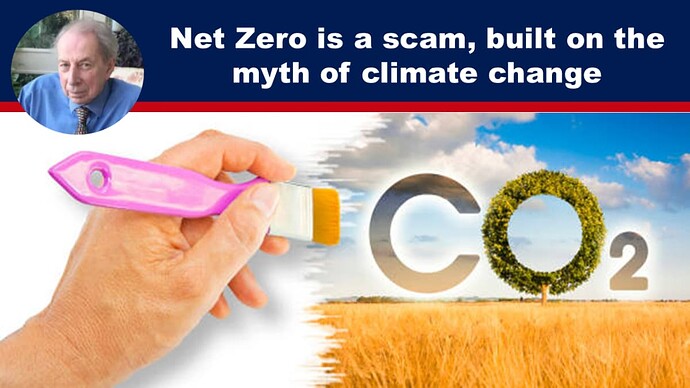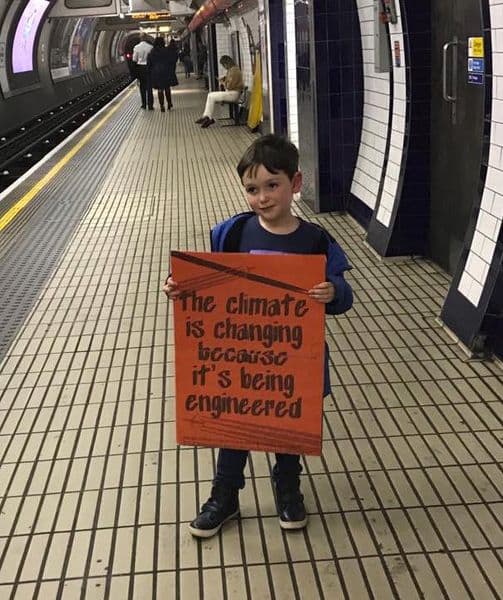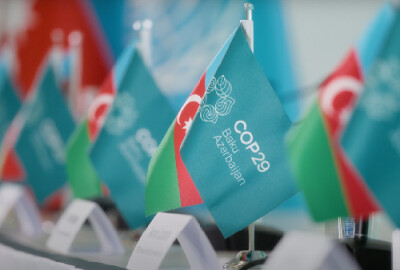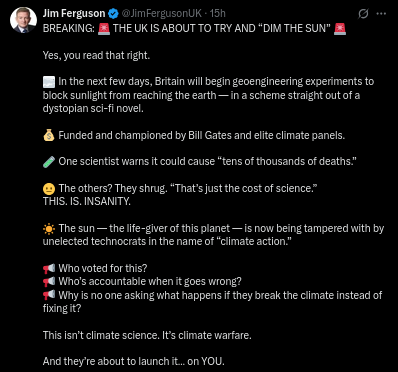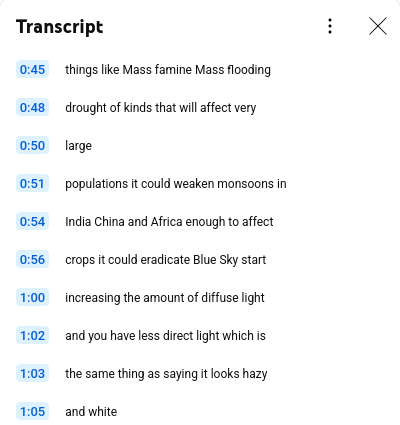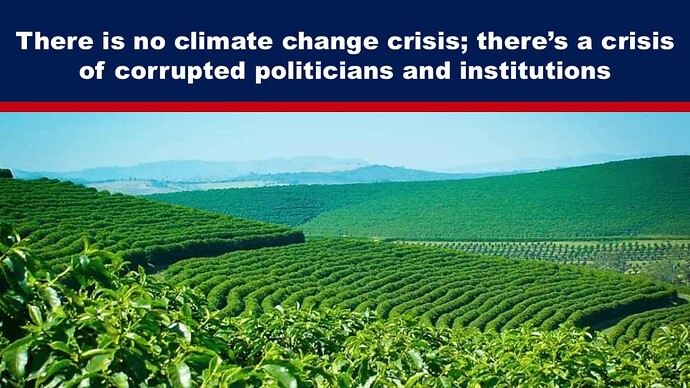The Fake Climate Change Agenda: Global South Slams Western Input to COP29 Deal as “Optical Illusion”
By Ahmed Adel
Global Research, November 25, 2024
India has opposed the agreement approved at the UN Climate Change Conference (COP29) in Baku to allocate $300 billion annually to poorer countries to fight climate change, calling it “an optical illusion,” while the Marshall Islands described the deal as “shameful.” Their statements followed COP29’s final declaration, which includes a commitment by developed countries to allocate at least $1.3 trillion by 2035 to developing nations, less than a quarter of the amount requested by developing countries, which are most affected by extreme weather events.
According to COP29, its top priorities included achieving a new climate finance target, ensuring that all countries have the means to take much more decisive climate action, drastically reducing greenhouse gas emissions and building resilient communities. However, it has been mired in controversy as richer countries are unwilling to make greater contributions to Global South countries.
In an interview with the Guardian shortly after her statement, Chandni Raina, representative of the Indian delegation, at a plenary meeting of COP29 held in Azerbaijan, called the goal’s adoption “outrageous,” adding, “This was completely a travesty of justice.”
According to The Indian Express, she said:
“India does not accept the goal proposal in its present form. The amount that is proposed to be mobilised is abysmally poor. It is a paltry sum. It is not something that will enable conducive climate action that is necessary for the survival of our country.”
“This document is little more than an optical illusion. This, in our opinion, will not address the enormity of the challenge we all face. Therefore, we oppose the adoption of this document,” Raina continued.
The Indian Express newspaper clarified that the objection was raised after the document was adopted.
A new agreement on financing to combat and adapt to climate change at the UN climate summit in Azerbaijan pledged $300 billion a year by 2035 from wealthier countries to the Global South. The amount satisfies Western countries that will pay but not the Global South countries that will receive it. Although Western countries argue that this amount is realistic and within their means, Global South countries highlight that this is not nearly enough.
The deal has left a bitter taste in developing countries, which see international conferences like this as the biggest opportunity to pressure Western countries, as they do not participate in meetings of the world’s largest economies, such as G7.
Yalchin Rafiyev, Azerbaijan’s deputy foreign minister and chief negotiator for COP29, hoped Baku could pressure countries to raise more money, saying it “doesn’t correspond to our fair and ambitious goal, but we will continue to engage with the parties.”
Brazil, which will host COP30 next year, contested a higher figure from a report by a special economic commission appointed by the UN Secretary-General. Brazil’s Environment Minister Marina Silva proposed $300 billion a year until 2035, rising to $390 billion a year after 2035.
Marshall Islands climate envoy Tina Stetze called the deal “shameful.”
“It is incomprehensible that year after year we bring our stories of climate impacts to these meetings and receive only sympathy and no real action from wealthy nations,” she said in a statement. “We are not here to tell stories. We are here to save our communities.”
Continues.
